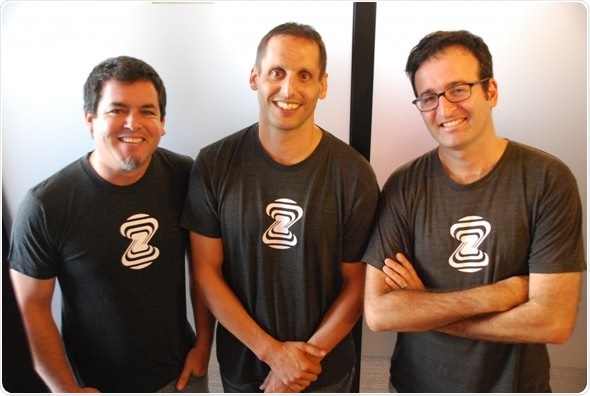Mar 9 2018
The algorithm is the first acute-care and the sixth application to be released by Zebra-Med, making its AI1 Analytics Engine the most comprehensive in the market today
Zebra Medical Vision announces today the CE regulatory approval of its newest algorithm to be included in its growing Deep Learning Imaging Analytics platform. The algorithm, capable of detecting Intracranial Hemorrhages – or brain bleeds of different kinds, is the latest addition to other automated tools announced in the past as part of it’s “All-In-One” AI1 business model, among them algorithms that automatically detect low bone mineral density, vertebral fractures, fatty liver, coronary artery calcium, emphysema and more.

The timely detection of brain bleeds is critical. Research has shown that such bleeds are missed anywhere between 12% and 51% of the time, and nearly 6 million people die every year of brain bleed related conditions. Such wide variability results in significantly reduced quality of patient care. Zebra-Med’s algorithm can identify such bleeds and provide a safety net for physicians in acute care settings.
“This new algorithm is an important addition to Zebra’s Analytics Engine,” says Dr. Mike Phillips, Chief of Clinical & Outreach Services at Intermountain Healthcare and a neuro-radiologist. “The ability to alert radiologists and surgeons to the presence of brain bleeds is critical, and will bring significant benefits in patient care to healthcare organizations.”
The company plans to deploy the algorithm for point of care detection and for worklist prioritization helping physicians identify bleeds more accurately and with minimal delay. The algorithm broadens Zebra-Med’s AI1 “All-In-One” Imaging Analytics package, which has already analyzed more than 1M scans in over 5 countries.
“We’re excited to announce our first acute care algorithm with the potential to help radiologists better manage their workload, and properly prioritize urgent cases over others,” added Elad Benjamin, Co-Founder and CEO of Zebra Medical Vision. “This helps take PACS & Worklist management systems to the next level in helping radiologists manage patient care, all in a transparent and globally affordable business model. Over the next few months we plan to release several more high impact algorithms, on our path to provide a versatile AI based automated radiology assistant.”